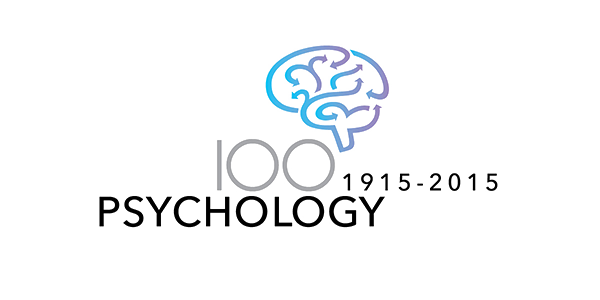Cognitive Science
Our graduate program focuses on training students to become independent scientists in cognitive psychology.
Faculty train researchers to develop a deep understanding of representations and processes involved in perceiving, thinking, and acting at functional, computational, and neural levels.
These faculty routinely train Cognitive Science students:
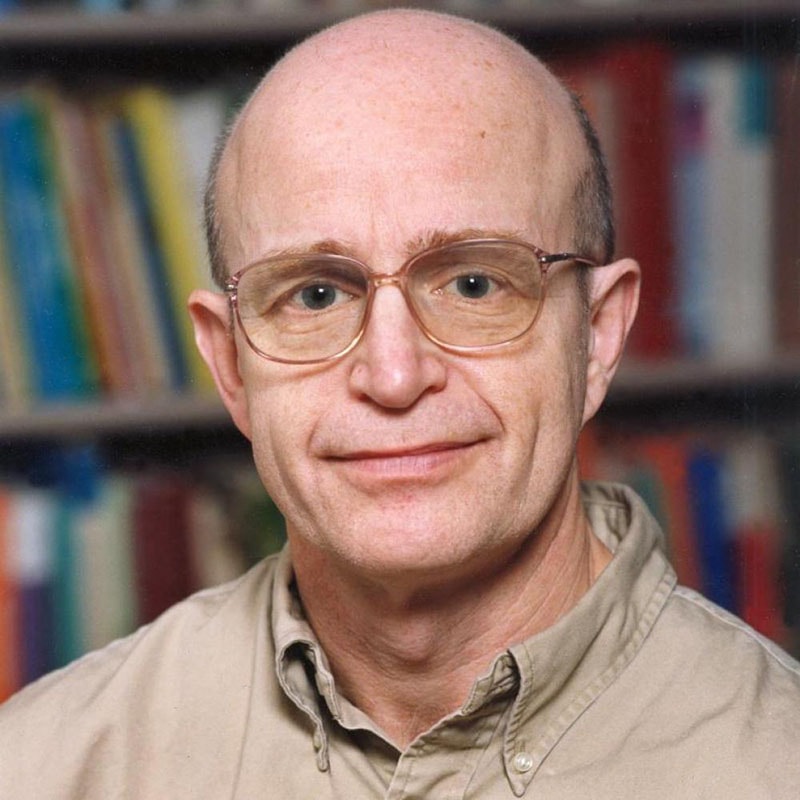
John Anderson
Richard King Mellon University Professor of Psychology and Computer Science
We study learning and performance in complex tasks like mathematical problem solving and video games. To test our understanding we build computational models that can perform these tasks in the ACT-R cognitive architecture.

Jessica Cantlon
Ronald J. and Mary Ann Zdrojkowski Professor of Developmental Neuroscience/Psychology
We study the developmental, evolutionary, and cultural origins of logic and mathematics using fMRI and behavioral methods with children and adults, comparative studies with non-human primates, and cross-cultural research in the Amazon. Our studies test the kinds of computations that are shared among primates, their developmental trajectory, and what makes the human brain unique.

Gretchen Chapman
Professor of Social and Decision Sciences and Professor of Psychology (Courtesy)
Dr. Chapman’s research combines the fields of judgment and decision making with health psychology to investigate methods to facilitate healthy and prosocial behavior such as vaccination and blood donation.

Jenelle Feather
Assistant Professor of Psychology and the Neuroscience Institute
My research seeks to understand the complex patterns of neural activity underlying perception and cognition. This work lies at the intersection of neuroscience, cognitive science, and artificial intelligence, where I combine computational modeling approaches with behavioral observations and brain measurements to compare model representations with those in biological systems.

Susanne Ferber
Professor of Psychology and Department Head
Dr. Ferber's research program is focused on the cognitive and neural mechanism underlying the awareness of perception and comprises diverse methodological approaches including investigation of cognitive impairments in neurological patients (i.e. patients with Spatial Neglect), and fMRI and EEG imaging studies.
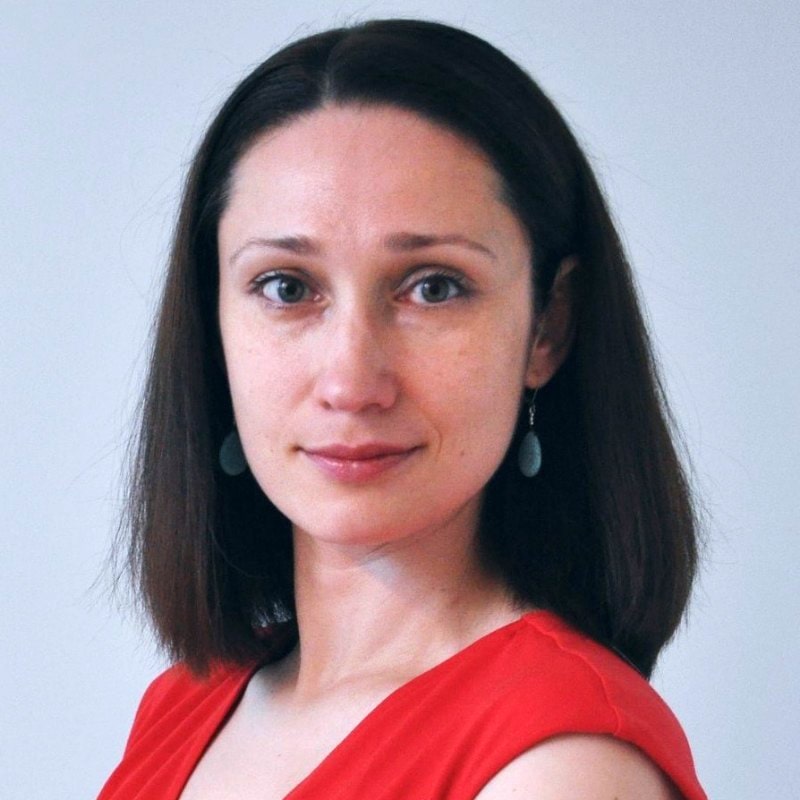
Anna Fisher
Associate Professor of Psychology
I study development of attention regulation, role of attention in learning in formal and informal settings, and development of higher-order cognition including semantic memory and reasoning. On-going projects in the lab examine how children sustain attention to dynamic events, the role children’s developing attention regulation plays during reading, and learning-driven changes in semantic memory in ecologically-valid settings.
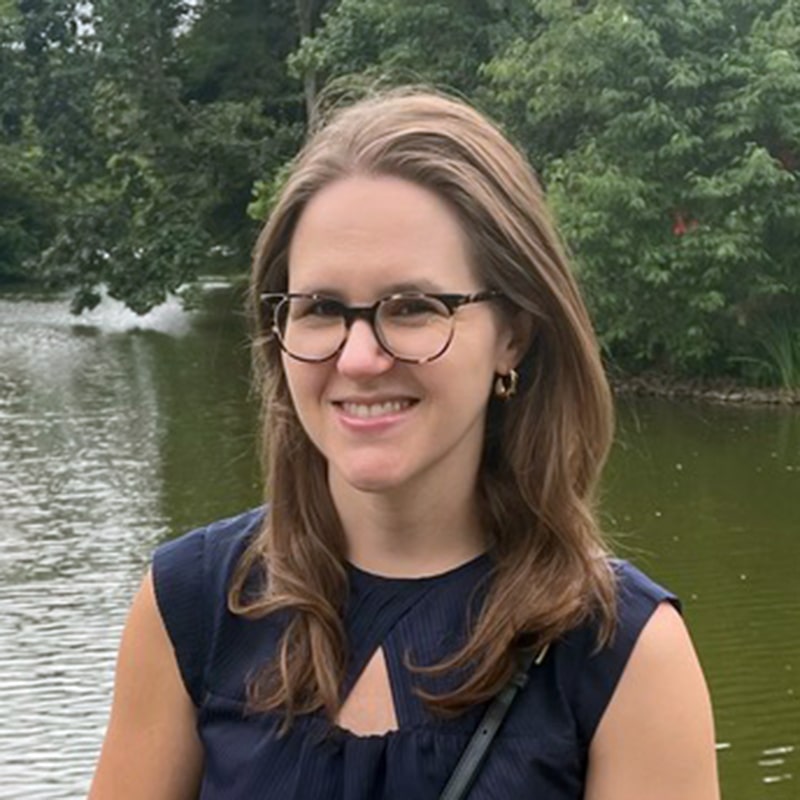
Maggie Henderson
Assistant Professor of Psychology and the Neuroscience Institute, Assistant Professor of Machine Learning (Affiliated)
My research focuses on human visual perception. My goal is to understand how our visual perception reflects the structure of the world we live in as well as our need for adaptive everyday behavior.
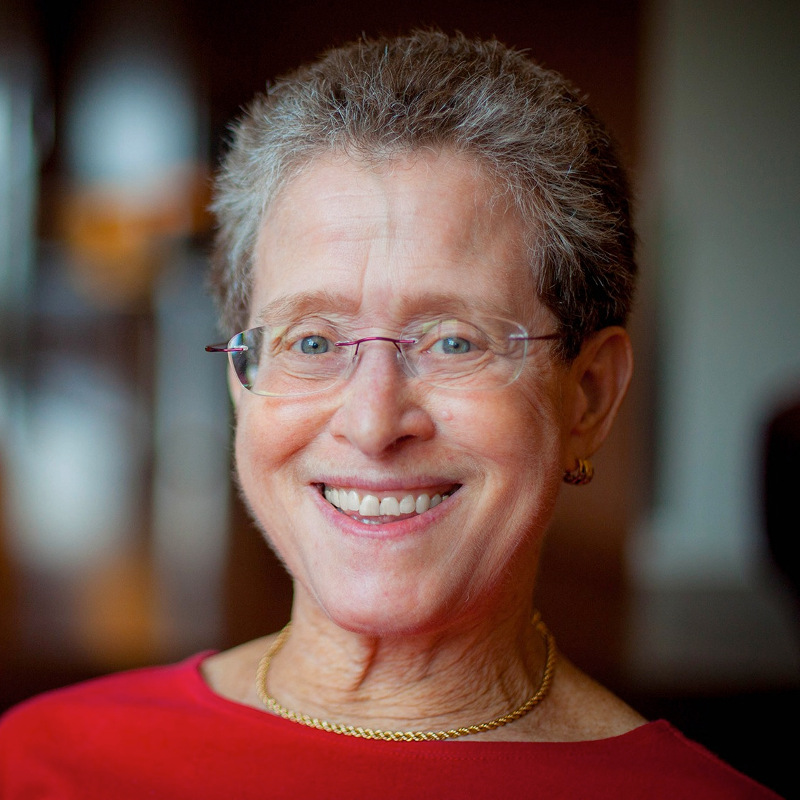
Roberta Klatzky
Charles J. Queenan, Jr. University Professor of Psychology and Human-Computer Interaction
I study how humans form perceptual representations in multiple sensory modalities and use them to guide action. My work has a strong connection to application, such as aiding blind people in navigation or augmenting surgery with touch and visual displays.
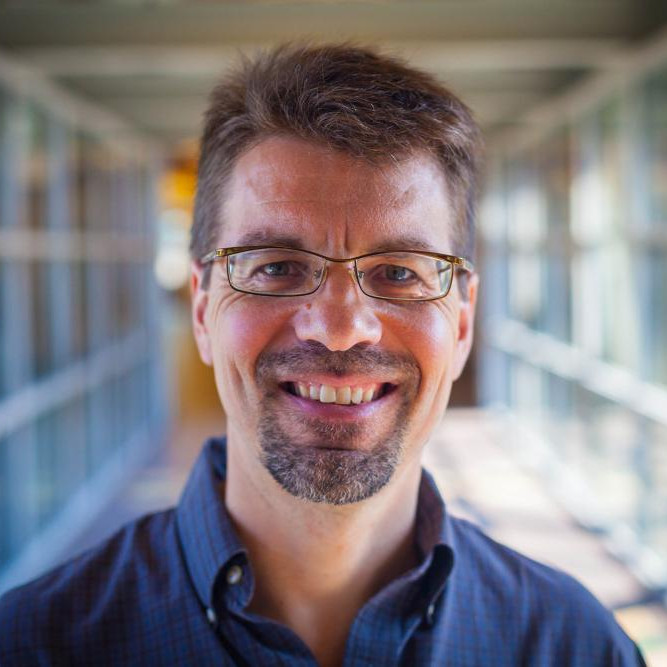
Ken Koedinger
Hillman Professor of Computer Science and Professor of Human-Computer Interaction and Psychology
I study the great mystery of how complex human learning works, empirically using fine-grained longitudinal data from math, science, and language learning, experimentally through studies to identify causal relationships that lead to improved learning, and theoretically using machine learning to model how people learn to behave, reason, and problem solve.
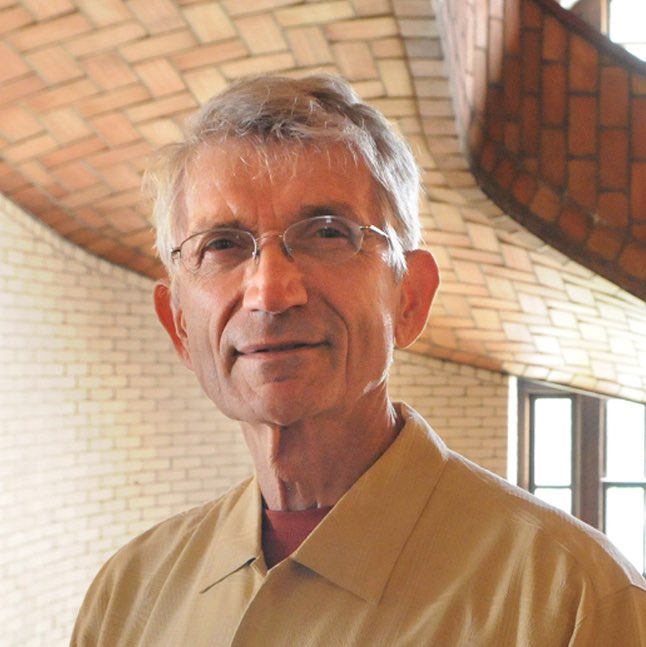
Brian MacWhinney
Teresa Heinz Professor of Cognitive Psychology
I have created the crosslinguistic multimodal TalkBank database system for the study of spoken language interactions in children, adults, bilinguals, language learners, and a variety of language disorders. My Competition Model for first and second language learning relies on concepts and data from usage-based linguistics, embodied cognition, and
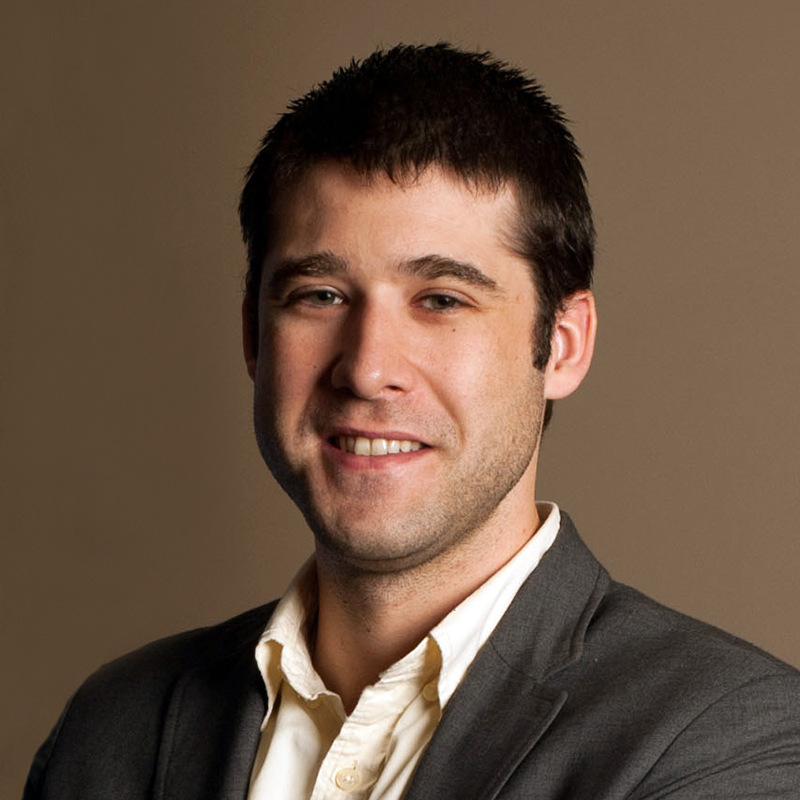
Brad Mahon
Professor of Psychology
I work on the organization of object concepts in the brain, and how the brain recovers from injury.
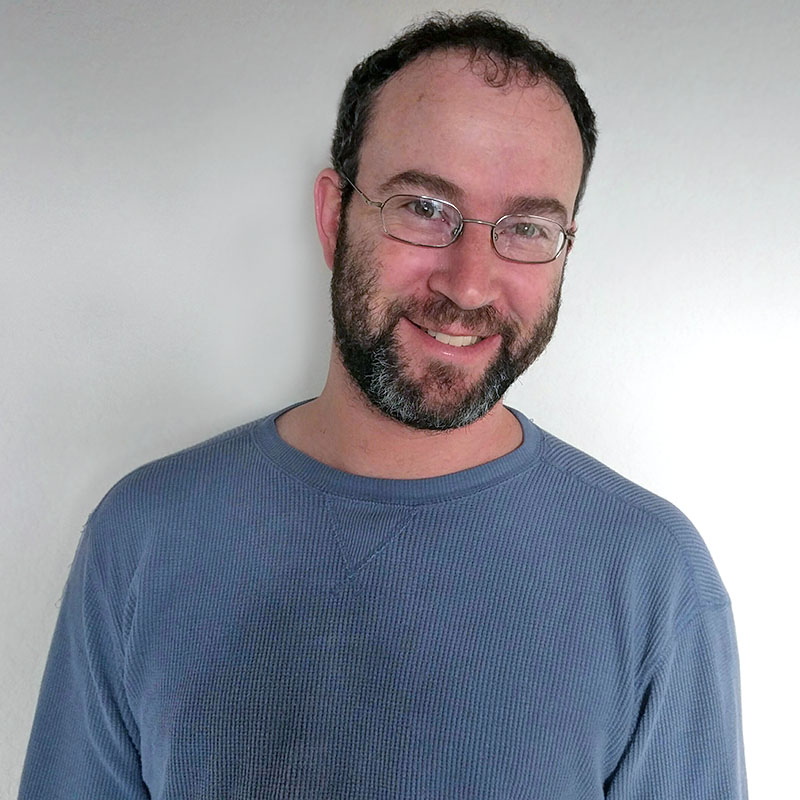
Daniel Oppenheimer
Professor of Social and Decision Sciences and Professor of Psychology (Courtesy)
I study how do people determine what information to use when making decisions, what is worth learning, how to search for the information they need, and what people do when different pieces of information conflict and suggest different conclusions. To answer these questions, I integrate theory from metacognition, causal reasoning, and memory.
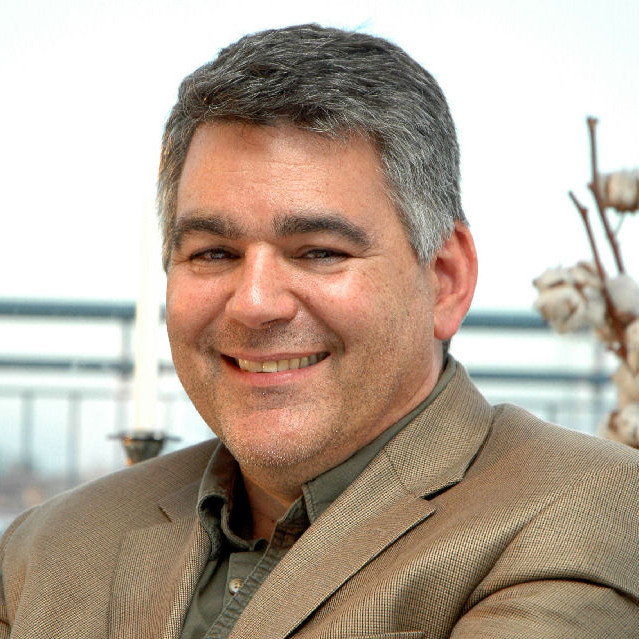
David Plaut
Professor of Psychology and the Neuroscience Institute
My research involves using computational (neural-network) modeling, complemented by behavioral, neuropsychological, and neuroimaging studies, to investigate the neural basis of cognitive processing in the domains of high-level vision, reading and language, and semantics, over the course of development, in skilled adults, and in patients with brain damage.
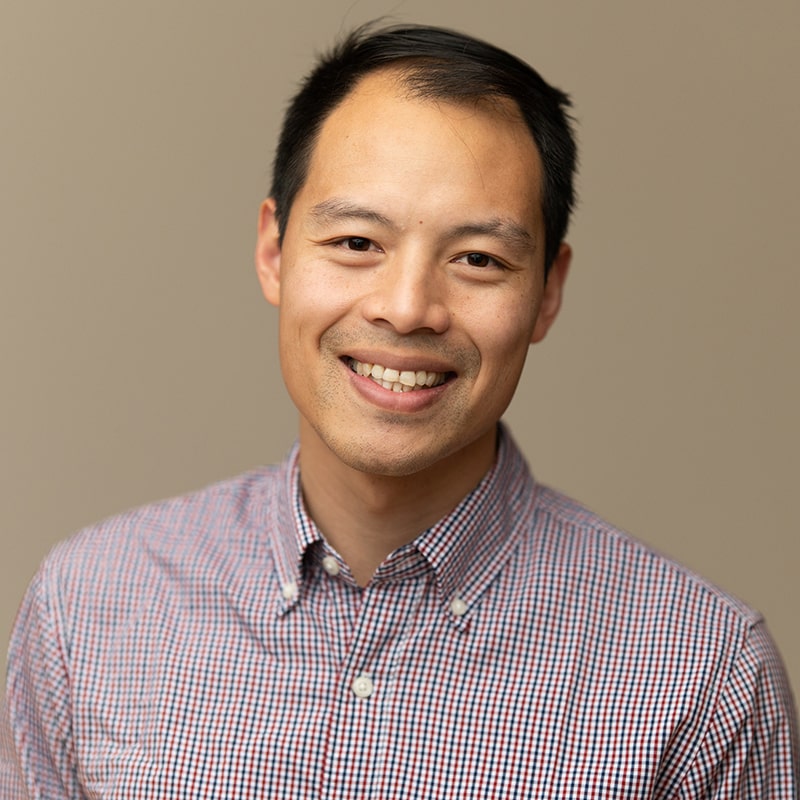
Jonathan Tsay
Assistant Professor of Psychology and the Neuroscience Institute
My long-term research goal is to understand how humans achieve this exquisite feat of learning by combining computational modeling, psychophysics, and neuropsychology. I expect these findings to apply broadly to optimize clinical rehabilitation, improve human performance, and inspire the next generation of brain-computer interfaces.
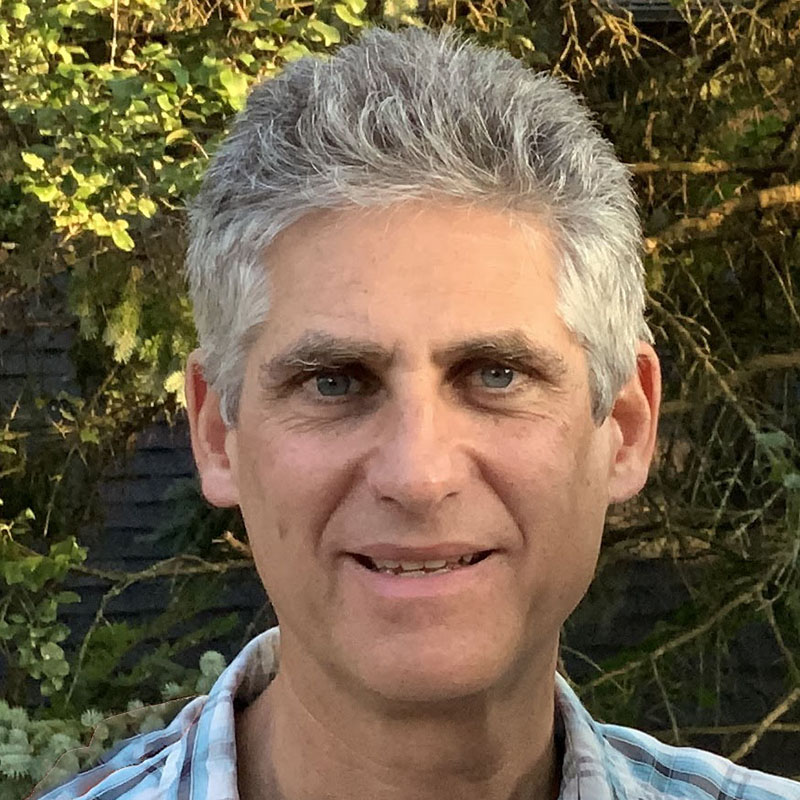
Michael J. Tarr
Kavčić-Moura Professor of Cognitive and Brain Science, Professor of Psychology and the Neuroscience Institute and Professor of Machine Learning (Courtesy)
Using tools drawn from machine learning, computer vision, computer graphics, cognitive science and neuroimaging we are exploring how high-level structures within biological vision systems arise given minimal conditions, as well as how such models can help us to better understand the processes that underlie vision.
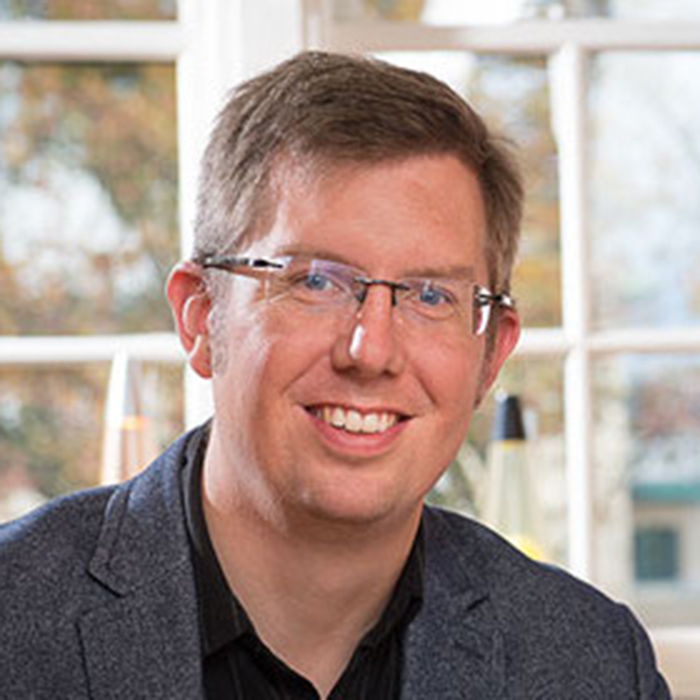
Erik Thiessen
Director of Undergraduate Studies and Professor of Psychology
I study learning, with a particular focus on language learning and how infants and adults take advantage of probabilistic information in the input to discover phonological, lexical, and syntactic patterns. I am interested in both the effects of learning - such as how adults process input differently from infants - and also the mechanisms underlying learning, and have ongoing projects exploring both of these questions.

Timothy Verstynen
Professor of Psychology and the Neuroscience Institute
My lab studies how the architecture of cortical and subcortical circuits gives rise to the algorithms of decision-making and learning. We apply this understanding in the context of health neuroscience and artificial intelligence.
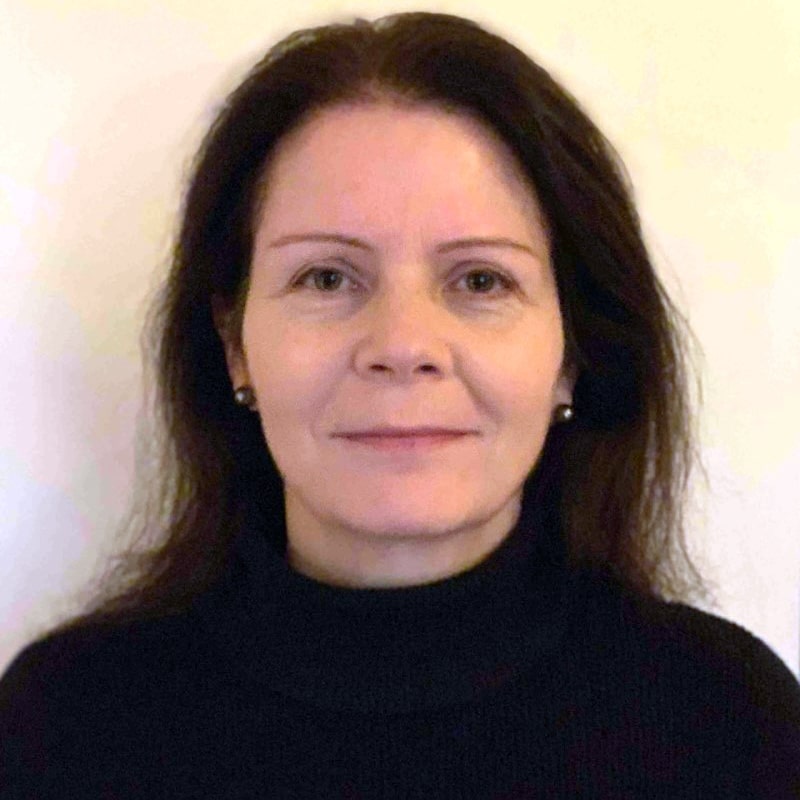
Laurie Heller
Professor of Psychology (Teaching Faculty)
My research examines the human ability to use sound to understand what events are happening in the environment. My perceptual experiments address whether there are acoustic cues that reveal attributes of sound events, and how our knowledge of these cue-attribute relationships influences our discrimination of sounds, labeling of sounds, and multimodal perception.
